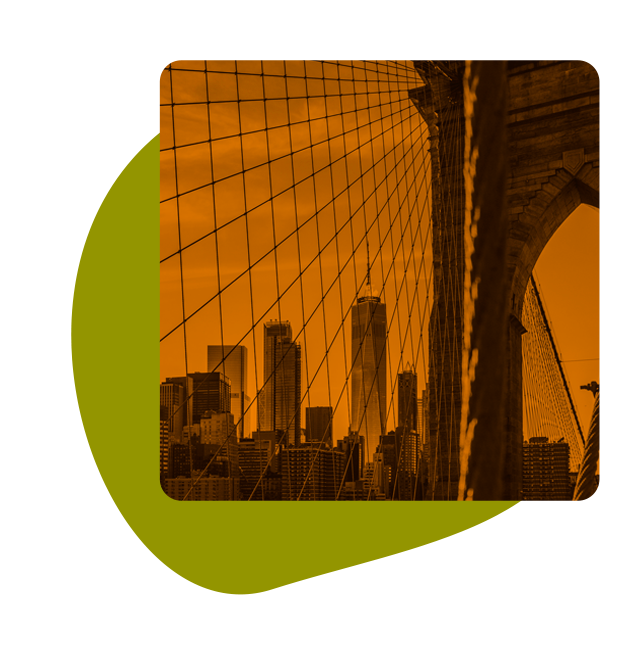
OCC! will research the grassroots initiatives implemented to cope with the consequences of Hurricane Sandy in 2016. In particular, our team will study the Occupy Sandy movement, the LES Ready! Initiative, based in a Puerto Rican neighborhood, and the Harlem–based environmental justice organization WE ACT!. CS I will address the following questions: How can the many innovations of those movements be translated on a more permanent basis to communities in the future? To what extent have those initiatives been able to impact official planning documents issued by the city for disaster reconstruction and resiliency? How have the organization’s efforts to lobby for a just reconstruction fared in a city characterized by deepening patterns of spatial and social apartheid?
Articles in Popular Press
- Ashley Dawson, Hot City: Compound Crisis and Popular Struggle in NYC. Verso blog, August 3rd, 2020
- Ashley Dawson and Aurash Khawarzad, Hot City: New York City Will Never Be the Same Again – And It Shouldn’t Be. Verso blog, August 20th , 2020
List of experiences: TOTAL RESULTS 5
The NGO New York City Environmental Justice Alliance has produced the NYC CLIMATE JUSTICE AGENDA. As they write in the introduction, this report reviews “several City and State climate efforts along four priorities: (1) Extreme Heat and Community Preparedness, (2) Air Quality, (3) Green Infrastructure Equity, and (4) Energy Efficiency & Renewable Energy”. While evaliuating the results of these efforts, this report gathers the solutions developed by grassroots organizations. The main message to the policy-makers is “to move New York City toward a Just Transition, a process based in justice and equity that builds economic and political power to shift from an extractive economy to a regenerative economy”.
The NGO WE ACT has produced the WE ACT’s Northern Manhattan Climate Action (NMCA) Manual. A plan to create resilience in the face of the disproportionate impacts of climate change on poor and working class communities. The plan is the result of a community-based planning process held from January through July of 2015. The process included seven public workshops, hundreds of community members, dozens of meetings with partners and city agencies, and countless other conversations and correspondences. Accessible at: https://www.weact.org/campaigns/nmca/
Climate Action Lab (CAL) brings together activists, researchers, and artists to reimagine climate politics through the lens of the city as both the frontline impact-zone and the potential source of grassroots alternatives informed by the principles of climate justice. The Climate Action Lab is developed through a collaboration between the Art, Activism, and the Environment research group from the Seminar on Public Engagement and Collaborative Research at the Center for the Humanities (CUNY Graduate Center), the Occupy Climate Change! Project of the Environmental Humanities Lab at the Royal Technology Institute of Sweden, and the Climate Action Research Cluster of the Social Text Collective.
On September 20, 2019, The Climate Action Lab released its ” A People’s Climate Action Plan” (see document by clicking on the document icon above). The People’s Climate Action Plan crystallizes a year-long series of workshops during the Fall of 2018 and Spring of 2019 with activists, researchers, and artists intended to reimagine climate politics through the lens of the city as both the frontline impact zone and the potential source of grassroots alternatives informed by the principles of climate justice.
See also interview with Ashley Dawson and Aurash Khawarzad on January 19, 2021 where they explain how to make a People’s plan
The report was released by New York City Environmental Justice Alliance (NYC-EJA) in 2016; it is a critical analysis of the Major’s One NYC.
The purpose of the document is to: (a) assess whether or not efforts from City government, as laid out in the City’s sustainability and resiliency blueprints, can begin to reduce the vulnerabilities of low-income communities and black communities to climate change impacts; and (b) propose recommendations to broaden and strengthen such protections.
The document focuses on five main themes aimed at achieving different environmental justice, climate justice and equity goals.
- climate adaptation and mitigation;
- equity and infrastructure;
- public health;
- community preparedness;
- community-based planning.
The document points out the principles of the grassroots movement FTP DecolonizeThisPlace based and active in New York and lists three of its Communique and the organizing actions calendar. FTP has always sided with all those indigenous peoples whose lands have been stolen and raped by colonialist policies. The FTP movement fights for territorial justice policies and against gentrification, economic inequality and police violence; it is independent by any political logic. The movement carries out different actions: resistance, awareness, political education, mutual aid, fundraising, jail support and documentary evidence productions. It does not tolerate any form of racism and discrimination of gender, religion, sex, income. Since it represents a disturbing reality, it has been shadow-banned by the main social networks.
Here you have a list of principles:
1: NY’s subway lines “owners” are Wall Street’s banks, which make their own profit and not of the community. It is necessary to evade the fare in mass to force the end of Wall Street’s theft.
2: Police has been created to crush all voices of dissent contrary to the Big Brother’s directives. The police look more like mercenaries than peace officers and the color of your skin doesn’t help.
3: Many of NY’s roads and subway lines burrow through springs, swamps and streams that were once part of indigenous peoples landscape just for settler profits. Only when the subways leak and flood, they are being decolonized.
Finally, in case of arrest, you can find here your rights!